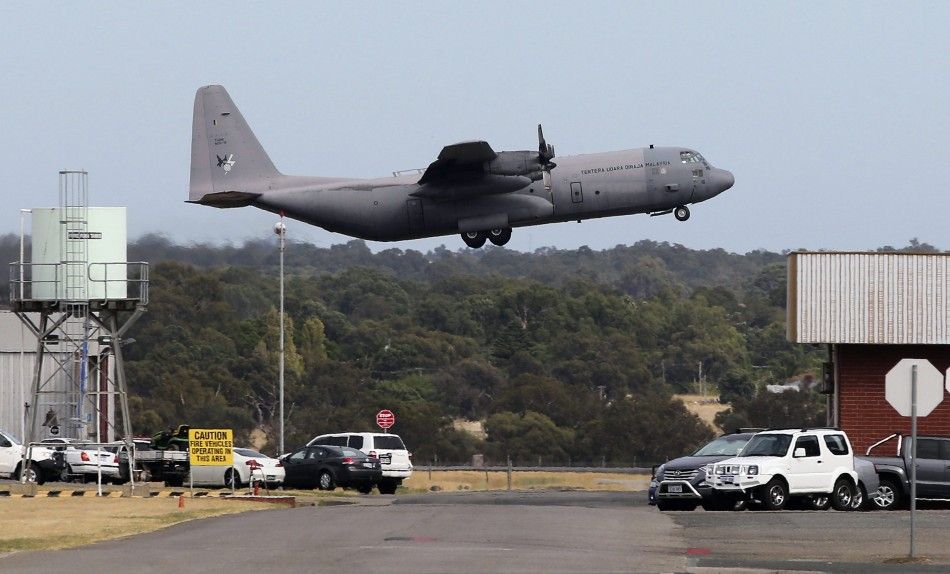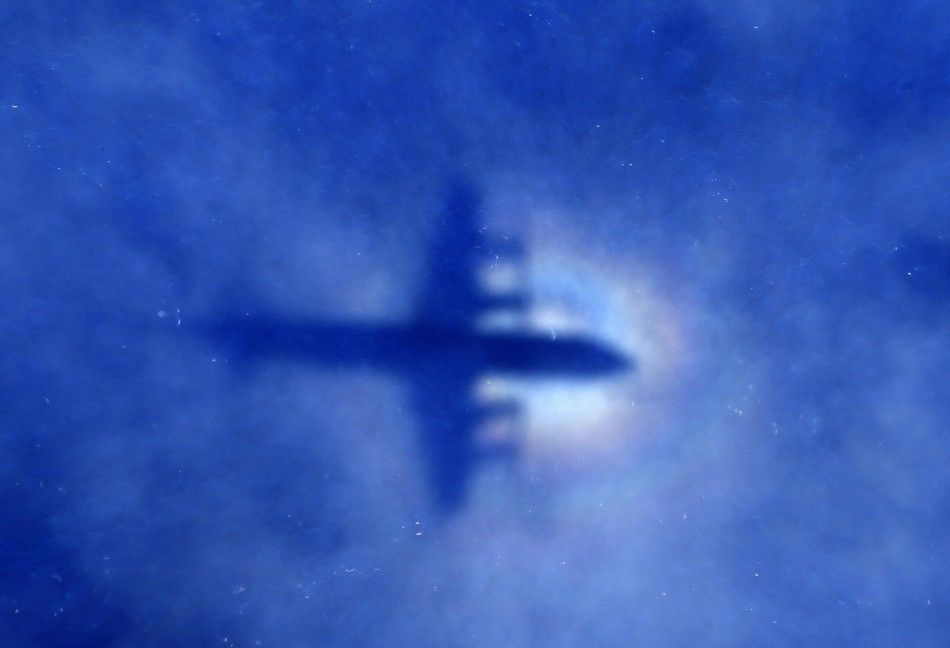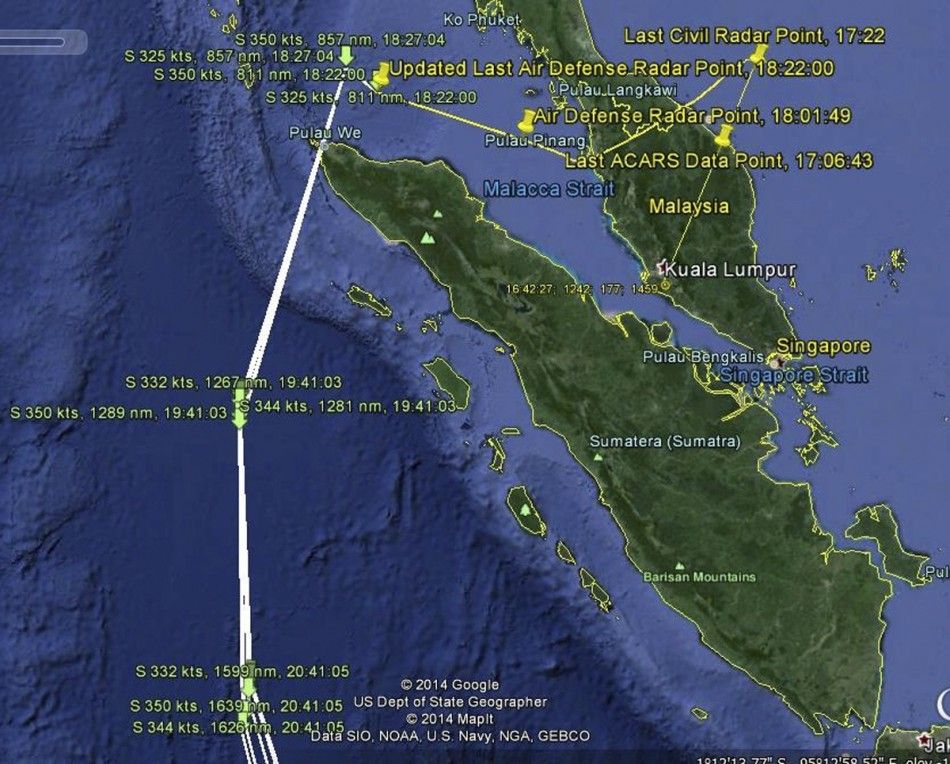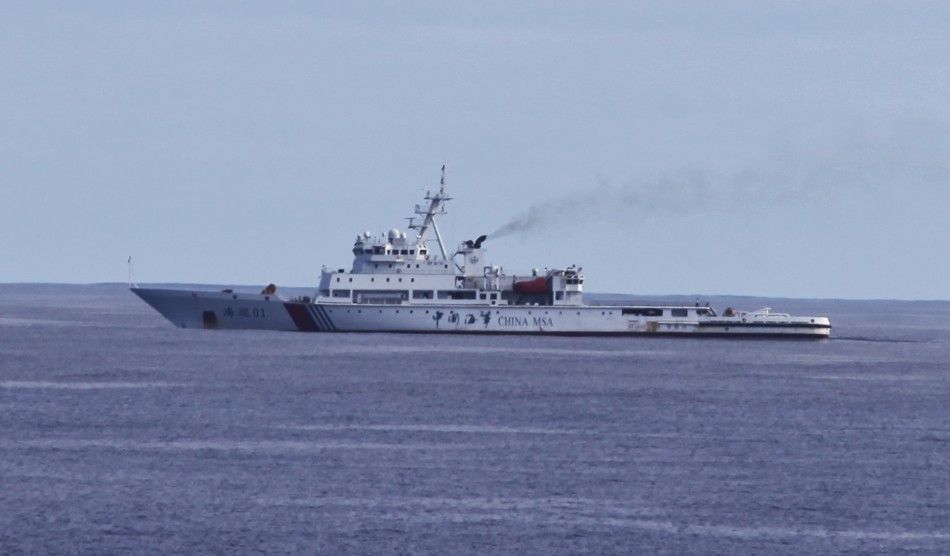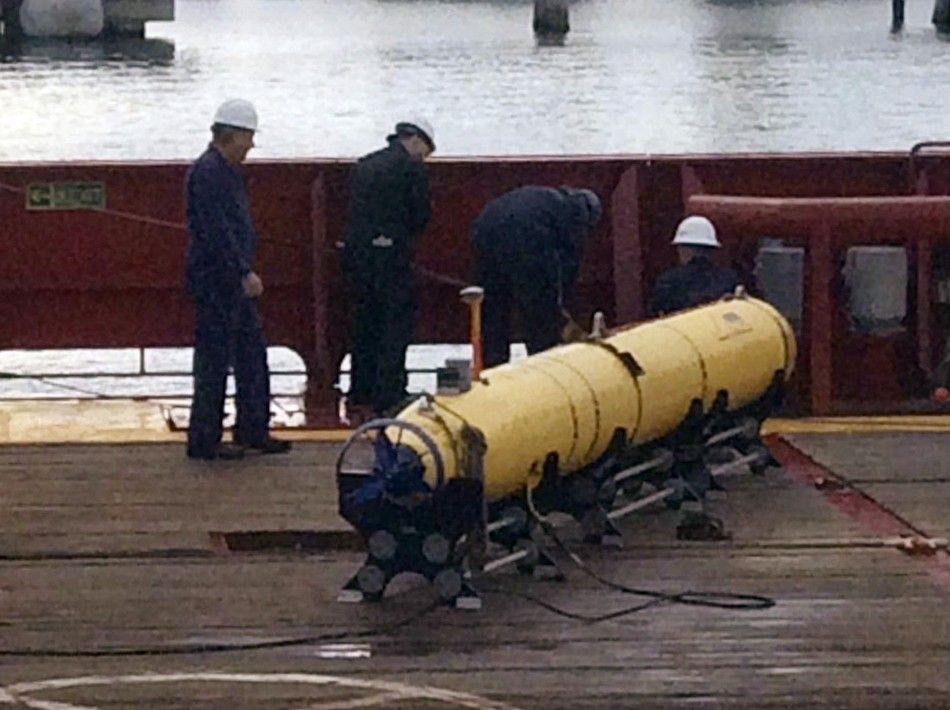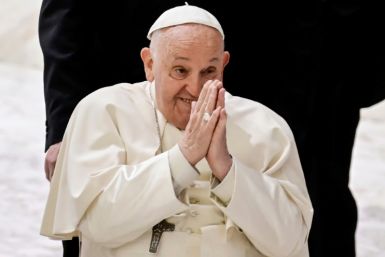Global Aviation Industry Challenged to Rethink Flight Tracking Following Fate of Malaysia Airlines MH370 Airliner
The global aviation industry led by the United Nations' International Civil Aviation Organization (ICAO) has vowed to make global tracking of flights "a matter of priority" after a recent two-day special meeting in Montreal where the bulk of the discussion focused on what happened to the Malaysia Airlines Flight MH370.
The Boeing 777 mysteriously disappeared from the face of the earth more than two months ago. Despite global cooperation, no debris or evidence has surfaced since.
All "existing technologies that may provide the means to support globally track airline flights at a reasonable cost" will be considered, including satellite and cloud storage of black box data, among others.
Nancy Graham, director of the ICAO's Air Navigation Bureau, noted all participants at the special meeting supported creating a global tracking standard. "The industry is absolutely in solidarity about putting in place global tracking," she said.
ICAO wants basic flight information like position, altitude, and speed be transmitted more frequently by all airliners. It likewise wants communication over oceans and remote areas improved.
The ICAO is expected to present its recommendations within five months.
Olumuyiwa Benard Aliu, ICAO Council President, not only wants global standards. He also wants the standards "converted to regulations" to ensure not only the safety of the riding public but also the profitability of the global aviation business industry.
But the trickiest part in devising a tracking system is creating a system that cannot be disabled even in the event of a fire threat due to malfunction.
Most of the technologies employed by airliners today enable flight crews to turn off tracking systems, usually to isolate and shut down circuits in case of fire.
Inadequate tracking has been among the factors blamed for failure to locate the missing Malaysia Airlines MH370 airliner, presumed to have crashed in a remote part of the Indian Ocean about 1,600 km (1,000 miles) northwest of Perth, Australia.
However, the lack of debris has wiped out earlier suspicions of fire aboard the plane. It is being thought that someone with sophisticated knowledge of the Boeing 777 cockpit systems deliberately turned off the plane's satellite reporting system along with other identifying systems.
Kevin Hiatt, International Air Transport Association (IATA) Senior VP Safety and Flight Operations, while welcoming ICAO's move, said setting the standards for tracking planes might take some time.
"Not all aircrafts are create equal or have the same equipage," Mr Hiatt said. "What the task force will do is take a look at the equipage, take a look at the types of aircrafts that are out there."
"A standard takes longer, it takes time. The process of cooperation is long but it's important," Ms Graham seconded.
The Malaysia Airlines MH370 vanished on March 8 during a flight from Kuala Lumpur to Beijing with 239 people on board.
